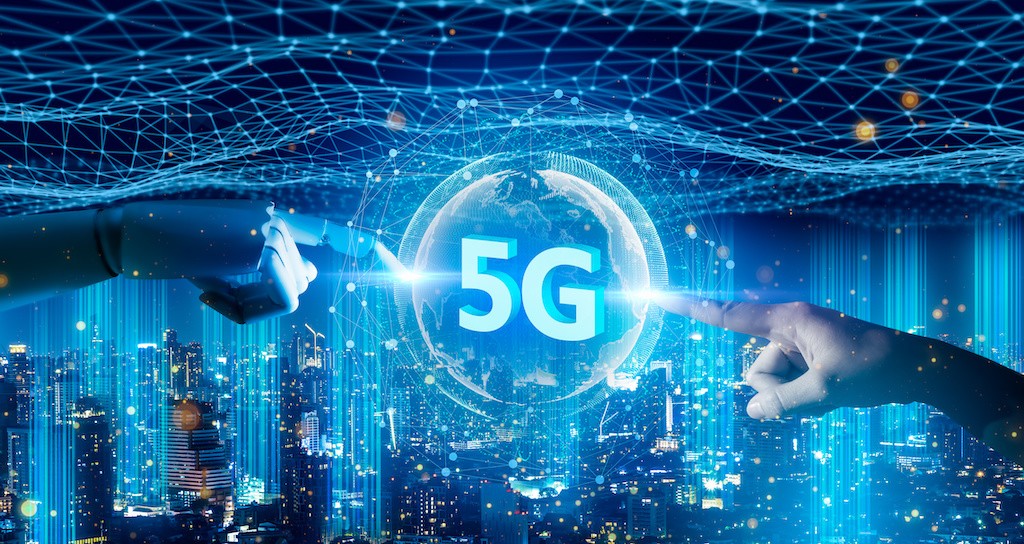AI’s Impact on 5G Network – The launch of 5G has brought unparalleled complexity to global telecom networks. With numerous use cases emerging, managing this intricacy becomes crucial. Here, the integration of artificial intelligence (AI) stands out as a pivotal solution.

AI: A Tool for Better Network Resource Management
AI’s entry into telecom heralds a new era in resource management, especially in electricity consumption for cell sites. Yet, we must consider the energy demands of AI itself. Effective containment mechanisms are essential to prevent AI from becoming an energy burden.
Optimizing Cellular Power Consumption
A prime application of AI in 5G is in power optimization. By intelligently switching off certain cells during off-peak hours, significant energy savings are achievable. Even during active calls, AI can conserve power by recognizing natural pauses in conversation.
The Cumulative Impact of Energy Savings
Subhankar Pai of Capgemini Engineering highlights the long-term benefits. Despite individual use cases showing modest gains, the collective impact across extensive network sites is substantial. Telecom giants, spending billions on energy annually, stand to benefit immensely.
Energy Efficiency and Cost Reduction Strategies
Operators now focus on deploying smaller, more localized cell sites. This approach, coupled with AI-driven energy management, can lead to considerable cost savings. Even a 10% reduction in energy use translates to significant financial and environmental benefits.
Challenges in Data Management and Quality
However, implementing AI in 5G networks is not without challenges. Issues in data quality necessitate advanced machine learning for better AI models. Telecom operators face hurdles in utilizing data due to compliance and competitive concerns.
The Dilemma of Data Sharing and Privacy
The question arises: will operators share sensitive user data with external agencies? Legal constraints and privacy concerns limit data sharing. Anonymizing data could be a solution, yet it requires industry-wide collaboration. Additionally, varying geographical regulations on data storage and usage pose another challenge.
The Future of Mobile Telephony in the 5G Era
Despite these obstacles, the complexity of mobile telephony will only escalate with 5G advancements. The demand for high-volume computing will intensify pressures on achieving net-zero targets and escalating costs.
Conclusion: Navigating the 5G Landscape with AI
In conclusion, AI’s impact on 5G networks is a balancing act between managing increasing complexities and ensuring sustainable, cost-effective operations. As telecom networks evolve, AI emerges as a key player in navigating this new terrain. How will operators and businesses adapt to these changes?















